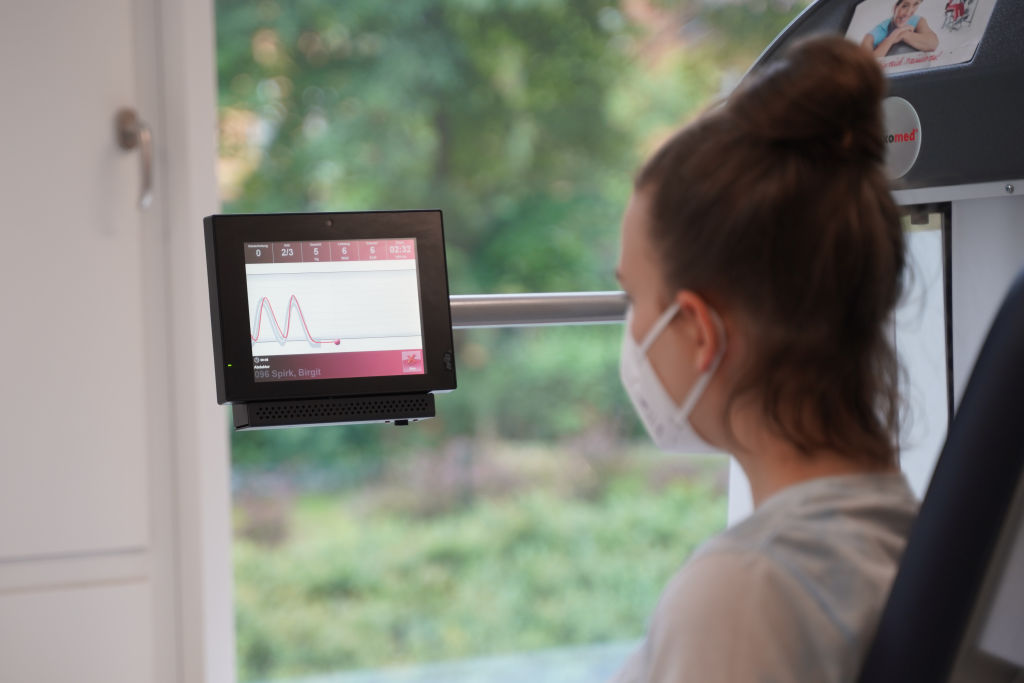
How long does Long COVID last? There’s no single answer, but for most people who get the condition, post-COVID symptoms like fatigue, cognitive impairment, and pain linger at least several months. For others, they last much longer.
A new study published in The BMJ may help narrow down the window. Among people who developed Long COVID after a mild case of COVID-19, researchers find, most Long COVID symptoms improve within one year.
That’s not the case for everybody. Among people in the U.K. who self-reported Long COVID symptoms as of December 2022, 30% said they’d been sick for at least two years, according to a recent report from the U.K. Office for National Statistics. The U.S. Centers for Disease Control and Prevention also warns that Long COVID complications can last years.
Still, the new BMJ study—which was based on medical records kept by a major Israeli health system—provides promising signs that many Long COVID symptoms clear up with time.
The researchers tracked almost 300,000 children and adults who had mild COVID-19 (meaning they were not hospitalized) at some point from March 2020 to October 2021; some were vaccinated when they got infected and some were not. For comparison, the researchers also tracked almost 300,000 people of similar demographics who did not test positive for COVID-19 during that time frame.
Within the first six months after getting sick, people who had COVID-19 were at increased risk of numerous symptoms, including loss of taste and smell, concentration and memory problems, cough, respiratory disorders, weakness, chest pain, muscle aches, and more. But by a year post-infection, the risk for many symptoms wasn’t significantly different among people who had COVID-19 versus those who tested negative.
There were some exceptions, though. Even after a year, people who had gotten COVID-19 were still more likely to suffer from symptoms including smell and taste loss, weakness, concentration and memory problems, palpitations, and breathing difficulties, according to the study. However, even for most of these symptoms, the risk difference between the COVID-positive and COVID-negative groups was not as dramatic as it was during the first six months of follow-up.
Overall, Long COVID symptoms didn’t differ drastically depending on whether someone was vaccinated or unvaccinated when they got sick. But those who were vaccinated had a significantly lower chance of having prolonged difficulty breathing, according to the study.
There were some limitations to the research. It only included people who tested positive up to October 2021, before the Omicron variant became dominant, so it’s unclear how well these findings translate to the present day. The study was also based on medical records, which may not reflect everything about someone’s day-to-day health.
While it’s encouraging that many symptoms improved over the course of the study, even several months of Long COVID symptoms can be highly disruptive to someone’s life and livelihood. Since the only definite way to avoid these symptoms is not to get infected in the first place, tools like masks, vaccines, and ventilation will remain important public-health tools for as long as the virus continues to spread.
More Must-Reads from TIME
- Cybersecurity Experts Are Sounding the Alarm on DOGE
- Meet the 2025 Women of the Year
- The Harsh Truth About Disability Inclusion
- Why Do More Young Adults Have Cancer?
- Colman Domingo Leads With Radical Love
- How to Get Better at Doing Things Alone
- Michelle Zauner Stares Down the Darkness
Write to Jamie Ducharme at jamie.ducharme@time.com